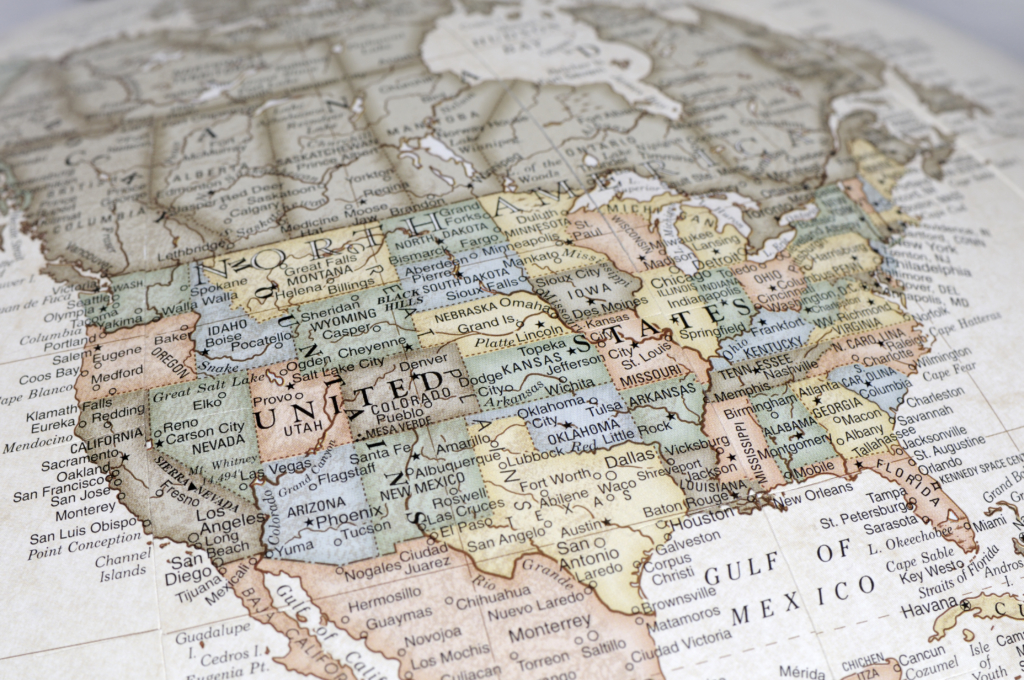Number of End-Stage Renal Disease patients statewide: 25,832
This state offers Medigap insurance to dialysis patients under 65.
Medicare, a federal program, pays for dialysis for over 80% of dialysis treatments. However, many issues concerning dialysis patients are actually handled at the state level.
Individual states have to provide certain basic services under Medicaid, but they also have flexibility in how they structure their plans and set their reimbursement rates. In addition, some states have the authority to determine the need and location for additional dialysis facilities (this is often referred to as certificate of need). Because dialysis patients’ care can be affected by state officials as well as federal officials, DPC members are becoming more active on state issues—ensuring the patients’ voice is heard locally as well as nationally.
Georgia Dialysis Patient Resources
Patient Support and Financial Resources
National Kidney Foundation of Georgia
A financial assistance program exists for dialysis patients, but current kidney patients in stages 1-4 of chronic kidney disease are not eligible. A maximum award of $150 is available per patient. Income is not a factor for eligibility in this program. The patient must be on dialysis, a state resident and seek aid through their social worker.
ESRD Network
#6 ESRD Network of the South Atlantic
909 Aviation Parkway, Suite 300
Morrisville, NC 27560
Patient Toll-Free: 800-524-7139
Main: 919-463-4500
Email: esrdnetwork6@ipro.us
State-Run Programs
Georgia Department of Community Health
1-404-656-4507
- Adult Programs: Provides health care for children, pregnant women, and people who are aging, blind and disabled.
- Programs for Children: PeachCare for Kids Free or low-cost health insurance for Georgia’s uninsured children.
Health Reform Status:
Exchange: The federal government will run the health insurance exchange in Georgia.
Medicaid: The state will not expand Medicaid eligibility.







